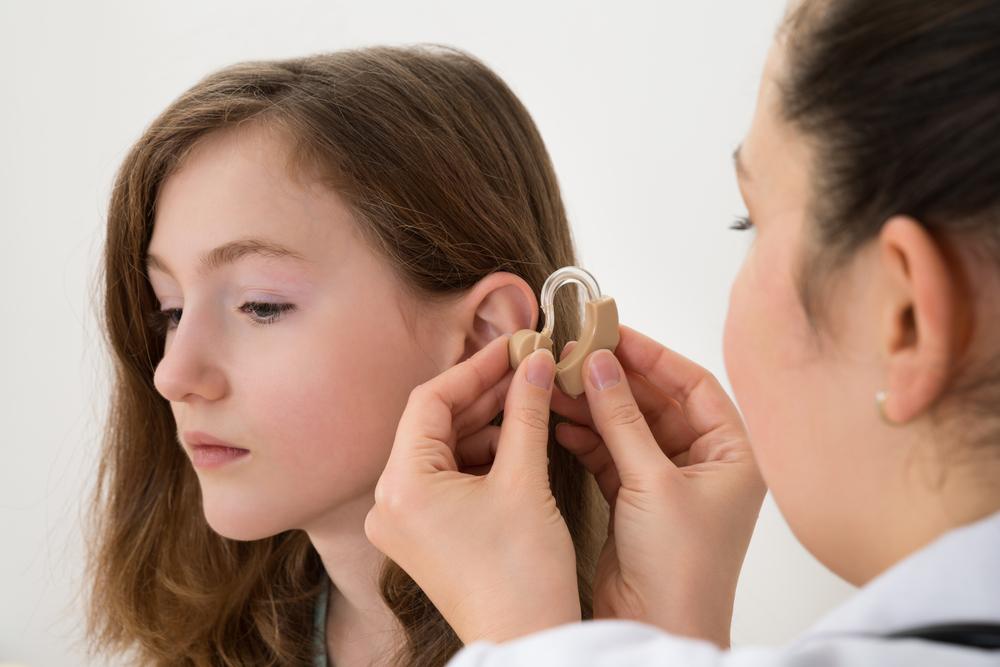Top 5 Engaging Games to Enhance Memory and Cognitive Function
Discover the top five engaging games that can significantly boost your memory and cognitive health. From crossword puzzles and jigsaw challenges to fun social games, these activities are proven to enhance mental agility, delay cognitive decline, and keep your brain sharp. Incorporate these games into your daily routine for lasting cognitive benefits and a more vibrant, sharper mind at any age.

Top 5 Engaging Games to Enhance Memory and Cognitive Function
As individuals age, experiencing memory lapses becomes increasingly common. These lapses can manifest as simple forgetfulness — like misplacing keys, forgetting appointments, or losing track of important dates such as friends' birthdays. While aging is an unavoidable aspect of life, there are effective ways to preserve mental sharpness and cognitive agility through consistent mental exercises. One proven method involves engaging in enjoyable, stimulating games meticulously designed to bolster both short-term and long-term memory capacities.
There is a wide array of accessible options, both online and offline, that can help keep the mind agile and improve memory function. Regularly incorporating these games into your routine not only promotes mental health but can also delay cognitive decline, ensuring your brain remains active and resilient as you age.
Below are five of the most effective games that have been scientifically proven to enhance memory and bolster cognitive health:
• Completing Daily Crosswords
Engaging regularly in crossword puzzles — available in newspapers, magazines, or digital platforms — is an excellent way to stimulate multiple areas of your brain. These puzzles challenge your vocabulary, logic, and problem-solving skills. Consistent practice not only keeps cognitive functions sharp but also can significantly delay signs of age-related dementia and forgetfulness. As your proficiency increases, consider transitioning to more complex mental challenges to continue stimulating your brain effectively.
• Jigsaw Puzzles for Visual-Spatial Skills
Jigsaw puzzles are a favorite pastime that promotes the enhancement of short-term memory and visual-spatial reasoning. When solving a puzzle, your brain visualizes the complete image, focuses on minute details, and coordinates hand-eye movements. This exercise boosts focus, concentration, and visual processing. Furthermore, the process stimulates the release of dopamine, a neurotransmitter that enhances learning, motivation, and mood, thereby engaging both hemispheres of the brain for a more balanced mental workout.
• The "I Packed My Suitcase" Memory Challenge
This simple yet effective game is designed to sharpen sequential memory and concentration. Participants begin by listing an item they have packed in their suitcase, then repeat previous items and add new ones. This continues in a sequence, challenging players to remember all previous entries accurately. The game can be played anywhere with minimal setup, and adding an alphabetical or thematic element introduces an extra layer of difficulty, ensuring sustained mental engagement.
• Rebus Puzzles for Reasoning and Language Skills
Rebus puzzles are brainteasers that combine symbols, images, and letters to depict idioms, phrases, or words. Decoding these visual puzzles requires intensive reasoning, pattern recognition, and language comprehension. Familiarity with common expressions accelerates the solving process and enhances linguistic cognition. Regular practice with rebus puzzles helps improve abstract thinking and problem-solving skills, contributing to overall mental agility.
• The Tray Recall Game for Visual Memory
This entertaining game is ideal for social gatherings and casual settings. It involves a tray filled with 20-25 diverse items. Participants observe the tray briefly, then cover it and try to recall as many objects as possible. Increasing the number of items or shortening the observation time can make the game more challenging. This game enhances visual memory, attention to detail, and recall ability, serving as an enjoyable way to prevent age-related cognitive decline among adults.
Incorporating a diverse array of these brain games into your daily routine ensures comprehensive mental stimulation. Regularly challenging your cognitive functions with such activities can help maintain and even improve memory, sharpen reasoning skills, and promote long-term brain health. Remember, consistency is key — making these games a regular part of your lifestyle can foster lasting cognitive benefits and contribute to a healthier, more agile mind as you age.





